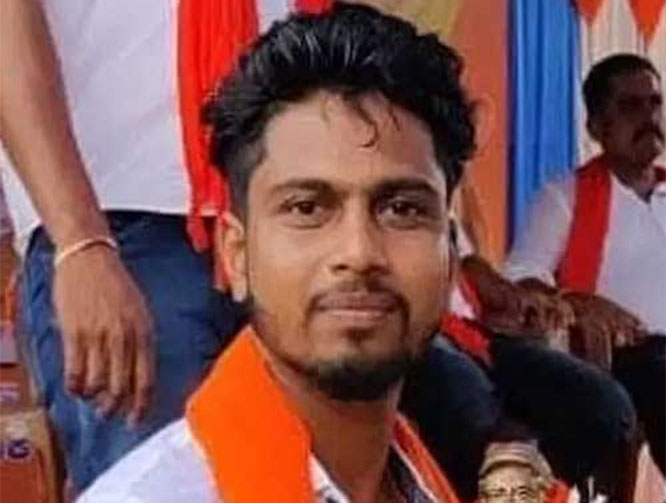
Newsroom, Apr 24: Hit hard by the second wave of the covid-19, India is almost isolated by its prominent global allies. While countries such as Saudi Arabia, United Kingdom, Canada, Hong Kong, New Zealand, UAE, Indonesia, Kuwait and Australia have banned flights from India. France has imposed mandatory quarantine for Indian passengers and the United States’ Centers for Disease Control (CDC) has advised against travel to India.
Daily cases in India have gone past the 300,000 mark and industry experts are doubtful that the flight bans will be lifted soon.
Who banned flights from India?
1) Kuwait: Kuwait's directorate general of civil aviation said early on Saturday in a tweet that it had suspended all direct commercial flights coming from India, effective April 24 and until further notice.
All passengers arriving from India either directly or via another country will be banned from entering unless they have spent at least 14 days out of India, the statement said. Kuwaiti citizens, their first degree relatives and their domestic workers will be allowed to enter. Cargo is unaffected.
2) Saudi Arabia: Saudi Arabia said that a halt to international flights will be lifted as of May 17, but will not apply to the countries with which travel is banned by a state committee tasked with tackling COVID-19 due to the outbreak of the virus, local media reported. The 20 countries on the ban list are Argentina, the UAE, France, Germany, the US, Indonesia, India, Japan, Ireland, Italy, Pakistan, Brazil, Portugal, the UK, Turkey, South Africa, Sweden, Switzerland, Lebanon, and Egypt.
3) UAE: “In short, the near collapse of India’s ability to deal with the COVID fallout almost certainly means that this temporary UAE ban will be extended if things do not improve,” said Saj Ahmad, chief analyst, StrategicAero Research.com.
“Further, it hampers the movement of labour between the UAE and India and further limits travellers from India using the UAE to transit to Africa, Europe and the USA,” he added.
4) US: US has issued a travel advisory for its people travelling to and from India. The body has asked citizens to avoid travelling to India. However, it has said that if anyone has to travel to India then he or she must get fully vaccinated.
5) UK: India was added to UK's travel red list on April 23rd, effectively banning travel. UK’s Health Secretary Matt Hancock Hancock said reason for this was the new ‘double-mutant’ strain of virus found in the country dubbed the ‘Indian variant." British and Irish nationals can travel to the UK from India, but they must now isolate in a government-approved hotel.
6) Australia: Prime Minister Scott Morrison said flights from India will be scaled back by 30 per cent. He said India was now a “high risk” country and only those with the most urgent needs would be allowed to travel to and from India.
7) Canada: Canada on Thursday said it was banning all flights from India and Pakistan for 30 days due to the growing wave of COVID-19 cases in that region. The ban took effect on Friday.
8) Hong Kong: On Tuesday last week, Hong Kong suspended all flights from India till May 3. The country has also suspended flights to and from Pakistan and the Philippines and made it mandatory for passengers to have a COVID-negative RTPCR result with them from a test done 72 hours before the journey.







Comments
Add new comment